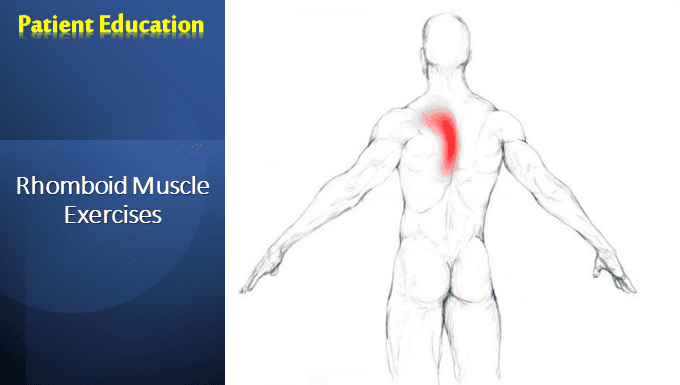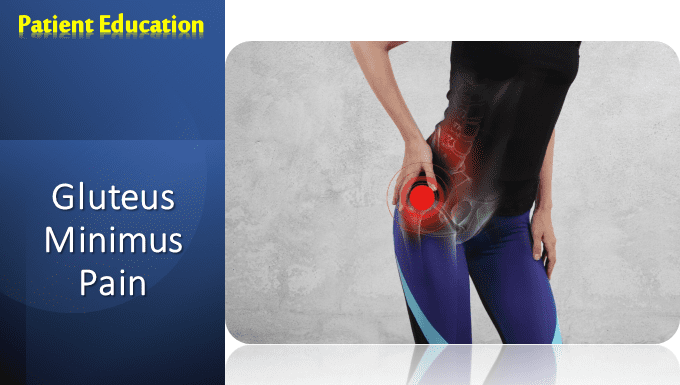Recovering from surgery is never a one-size-fits-all experience. Whether it’s a joint replacement, abdominal surgery, or cardiovascular procedure, every patient faces the challenge of restoring mobility while managing fatigue, pain, and loss of strength. Because of these hurdles, many researchers are exploring nutritional strategies that may support the body’s natural healing process.
Among the growing list of supplements for post-surgical healing, L-Carnitine is gaining attention for its ability to improve cellular energy production, preserve muscle mass, and potentially make rehabilitation more effective. Could this compound hold promise for improving mobility in patients recovering from surgery? Let’s take a closer look.
How Surgery Affects Mobility
Surgical procedures, even when successful, often leave patients with temporary limitations in strength and movement. This is due to several interconnected factors:
- Immobilization: Patients are often confined to bed rest, which can quickly reduce muscle mass and joint flexibility.
- Inflammation and swelling: These natural responses can cause stiffness and discomfort, making movement painful.
- Fatigue and energy depletion: Healing requires a significant amount of energy, which can leave patients feeling exhausted.
- Muscle atrophy: Inactivity accelerates the breakdown of muscle tissue, further limiting mobility.
Regaining movement after surgery is not just about healing the incision—it’s about rebuilding strength and endurance so patients can return to their normal activities. This is where targeted nutrition, including L-Carnitine, may help.
What Is L-Carnitine?
L-Carnitine is a naturally occurring compound synthesized in the body from the amino acids lysine and methionine. Its primary function is to transport long-chain fatty acids into the mitochondria, where they can be converted into energy. Without this process, fatty acids would remain unused, and cells would struggle to meet their energy demands.
Key benefits attributed to L-Carnitine include:
- Energy production: Ensures that cells efficiently burn fat for fuel.
- Muscle support: Helps preserve lean mass during inactivity.
- Circulatory health: May enhance blood flow, delivering oxygen and nutrients more effectively.
- Fatigue reduction: Can help sustain energy levels during recovery.
Because surgical recovery demands high energy for tissue repair and physical therapy, these mechanisms may be particularly relevant for patients.

Why Consider Supplements for Post-Surgical Healing?
While a balanced diet is the foundation of recovery, supplements can help fill gaps when the body has increased nutrient demands. The goal of supplements for post-surgical healing is to:
- Promote faster tissue repair
- Reduce inflammation and oxidative stress
- Maintain muscle function and strength
- Support overall energy and endurance
Protein, vitamins (C, D, and B-complex), and minerals (zinc, magnesium, and iron) are well-established contributors. However, compounds like L-Carnitine add a unique dimension by addressing energy metabolism—a key factor in regaining mobility.
How L-Carnitine May Improve Post-Surgical Mobility
1. Enhancing Muscle Energy
Muscle function depends on the availability of energy. By transporting fatty acids into the mitochondria, L-Carnitine helps muscles tap into fat reserves for fuel, reducing reliance on glycogen stores. This can help sustain energy during rehabilitation exercises, which are often demanding after surgery.
2. Reducing Fatigue
One of the biggest obstacles during recovery is persistent fatigue. Patients who lack energy may struggle to keep up with physiotherapy sessions. Supplementing with L-Carnitine may help reduce tiredness and allow patients to participate more actively in mobility training.
3. Supporting Blood Flow and Healing
Some studies suggest L-Carnitine can improve endothelial function, which supports circulation. Better blood flow means tissues receive more oxygen and nutrients—two essentials for healing and regaining flexibility.
4. Protecting Against Muscle Loss
Extended bed rest can lead to rapid muscle wasting. By improving how cells use fat for energy, L-Carnitine may help preserve lean muscle tissue, making it easier to regain strength once rehabilitation begins.
Real-World Example: Orthopedic Surgeries
Consider a patient recovering from knee replacement surgery. For weeks, mobility is restricted, and pain discourages full range of motion. Rehabilitation exercises are essential but require stamina and energy. If fatigue prevents consistent effort, recovery may be delayed.
In such cases, supporting the body with L-Carnitine and other targeted nutrients may improve energy availability, helping the patient stick to their therapy plan and restore walking ability more quickly.

Comparing L-Carnitine to Other Nutritional Approaches
While L-Carnitine has unique advantages, it is not the only supplement relevant to recovery.
- BCAAs (branched-chain amino acids): Help reduce muscle breakdown and support protein synthesis.
- Glutamine: Plays a role in immune support and gut health during recovery.
- Collagen peptides: Useful for joint and connective tissue repair.
- Omega-3 fatty acids: Help reduce inflammation that may slow healing.
These Amino Acid Supplements and nutrients complement the role of L-Carnitine. However, L-Carnitine is distinct in its focus on energy metabolism, making it especially relevant for mobility restoration.
Safety Considerations and Research Needs
Although L-Carnitine is naturally produced by the body, supplementing with it should always be done with professional guidance. Dosages vary, and not all patients respond the same way. Factors such as age, type of surgery, and overall health status can influence outcomes.
It is also worth noting that clinical studies on post-surgical populations are still limited. While early findings are promising, more large-scale research is needed to confirm the exact role of L-Carnitine in surgical rehabilitation.
Role of Professionals and Resources
Supplements alone will not restore mobility. They work best when paired with:
- A personalized nutrition plan
- Guided physiotherapy
- Adequate hydration and rest
- Professional medical supervision
Patients recovering from orthopedic surgeries, for instance, benefit greatly from structured rehabilitation. Resources such as OrthoFixar provide valuable insights into exercise routines, mobility strategies, and post-surgical care, helping patients stay on track with recovery goals.

Final Thoughts
Post-surgical healing is a journey that involves more than closing an incision—it’s about regaining energy, strength, and independence. Supplements for post-surgical healing, such as L-Carnitine, may offer supportive benefits by fueling muscles, reducing fatigue, and protecting against muscle loss.
Although not a magic solution, L-Carnitine’s role in energy metabolism makes it a promising aid for patients working to restore mobility. Combined with medical guidance, physical therapy, and balanced nutrition, it can be part of a holistic approach to a smoother recovery.




